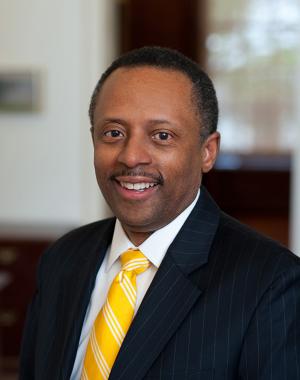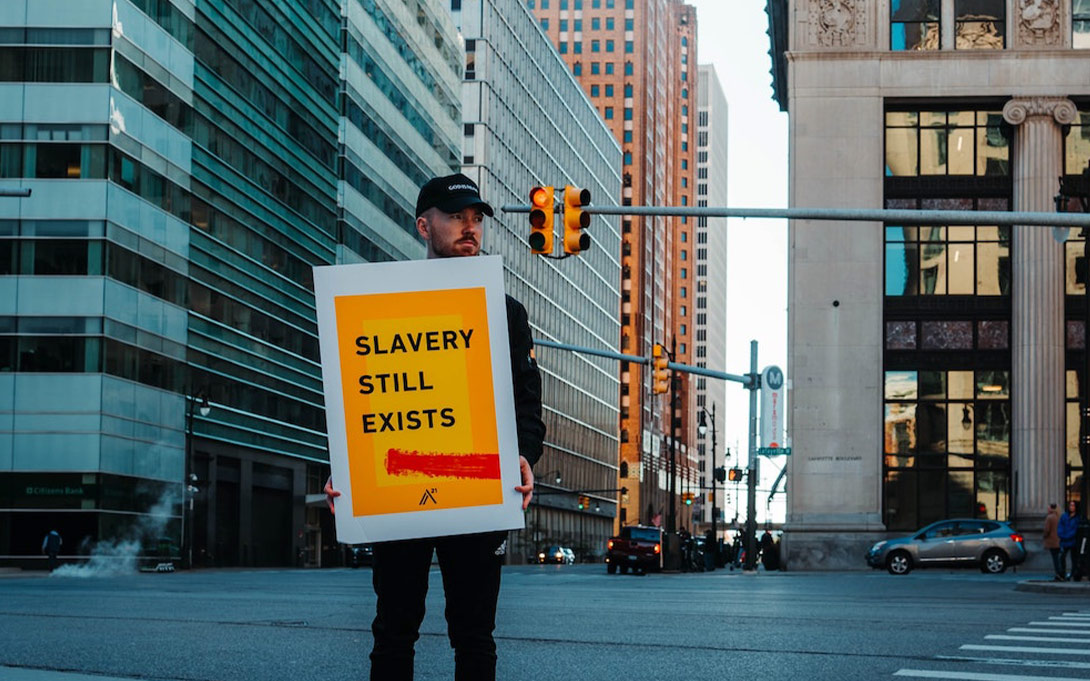
20 things everyone should know about slavery
A roundtable discussion
Date & time
Location
This is a Virtual Event.
Among American historians, it is generally agreed that the historical study of chattel slavery covered about 250 years: from 1619 to 1865 in the United States and to 1888 in Brazil and the Americas. Yet slavery has not disappeared. Globally, an estimated 27–40 million persons are victims of involuntary servitude. What if these contemporary forms of human labor exploitation constitute a “Third Slavery”?
Panelists will seek to generate a discussion about how historical knowledge might contribute solutions to the problems of contemporary expressions of human slavery and offer new pathways to democracy and freedom.
Introductions will be given by Dr. Earl Lewis, director of the Center for Social Solutions and the Thomas C. Holt Distinguished University Professor of Afroamerican and African Studies, History, and Public Policy.
The roundtable discussion will be chaired by Dr. Daina Ramey Berry, the Oliver H. Radkey Regents Professor of History at the University of Texas at Austin.
Panelists
- David W. Blight, the Sterling Professor of History and director of the Gilder Lehrman Center for the Study of Slavery, Resistance, and Abolition at Yale University;
- Ambassador (ret.) Luis C. deBaca, a Senior Fellow at the Gilder Lehrman Center for the Study of Slavery, Resistance, and Abolition at Yale University;
- Duncan Jepson is the managing director of Liberty Shared, a legal advocacy non-profit that aims to prevent human trafficking;
- Genevieve LeBaron, Professor of Politics and Director of Sheffield Political Economy Research Institute at the University of Sheffield;
- James Alexander Robinson, Assistant Professor in the Department of Ethnic Studies with emphasis in Black Studies at the Metropolitan State University, and curator of the Third Slavery archive for the Center for Social Solutions.
Hosted by the Center for Social Solutions and co-sponsored by the Law School, Poverty Solutions, LSA Diversity, Equity, and Inclusion, and the Gerald R. Ford School of Public Policy.